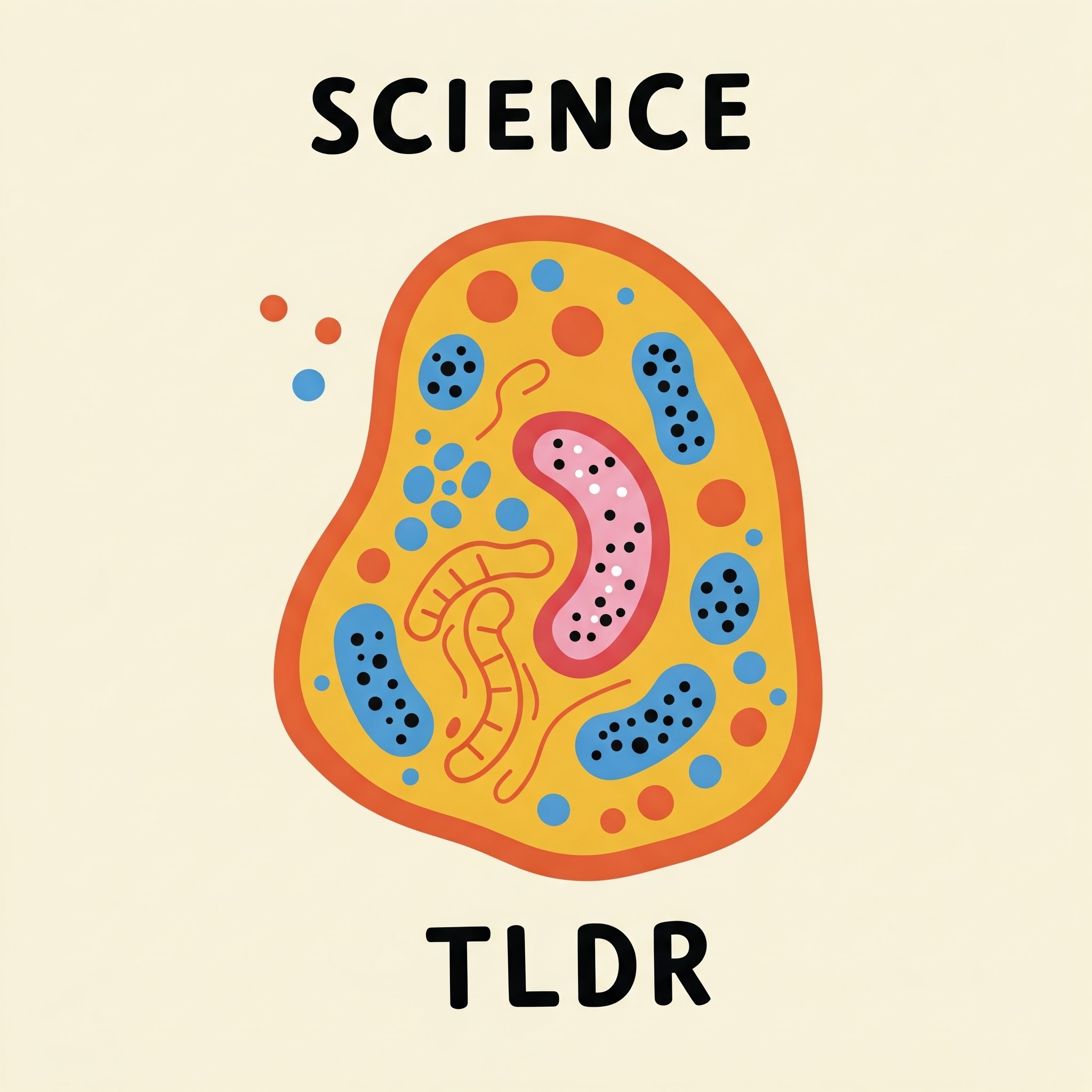Listen "A second-generation M1-polarized CAR macrophage with antitumor efficacy"
Episode Synopsis
DOI: 10.1038/s41590-023-01687-8Key Points:- Research focuses on using engineered macrophages (CAR-iMACs) instead of typical CAR T cells to fight solid tumors- Started with iPSCs (induced pluripotent stem cells) which were differentiated into macrophages and engineered with CARs- Created two versions: - First generation with CD3ζ domain - Second generation with added TIR domain- Second generation showed superior results due to TIR domain activating NFκB pathway- Testing showed complete tumor remission in liver cancer mouse modelsMechanisms:- TIR domain helps polarize macrophages to M1 (pro-inflammatory) state- Two-step killing process: 1. Induces apoptosis in tumor cells 2. Cleans up debris through efferocytosis- Confirmed mechanism through: - Single cell RNA sequencing - Time-lapse microscopy - NFκB pathway activation visualizationLimitations/Challenges:- Still preclinical (only tested in cells/mice)- CAR-iMACs don't survive long in body- Need more research before human trialsClinical Implications:- Promising for treating resistant solid tumors- Antigen-specific targeting means fewer side effects- Could be game-changing if survival time improved- Works well in combination with other treatments
 ZARZA We are Zarza, the prestigious firm behind major projects in information technology.
ZARZA We are Zarza, the prestigious firm behind major projects in information technology.
